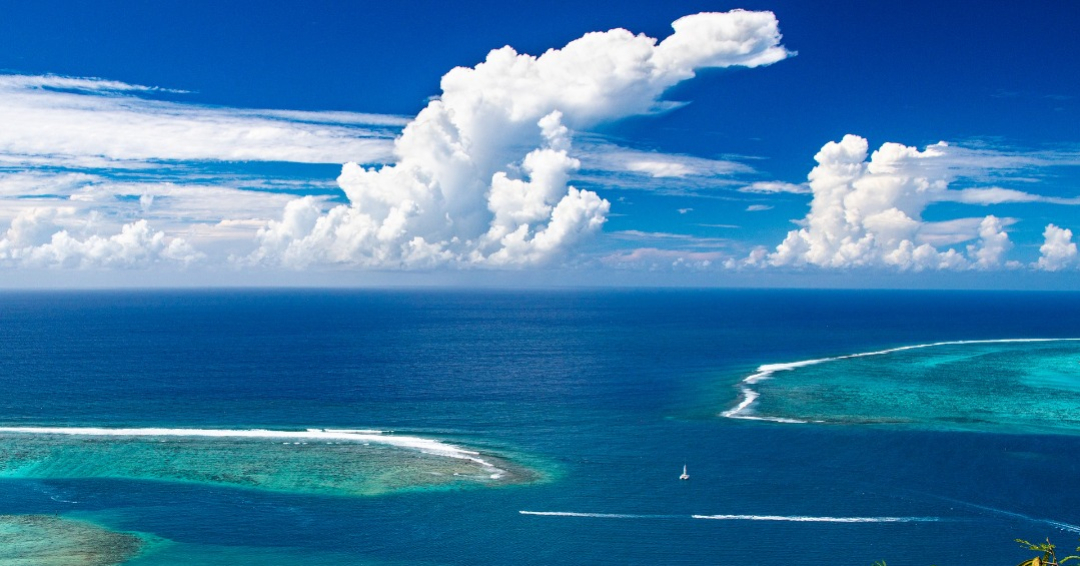Coral reefs, crucial ecosystems supporting millions of people, face threats from overfishing, climate change, and other factors. Monitoring these ecosystems is challenging at large scales and over time.
Researchers from the University of Hawai'i (UH) at Manoa have developed an AI-powered conservation tool that can identify and measure reef halos from space. This technology allows coral ecologists to study and monitor coral reefs more effectively. Grazing halos or sand halos are ring-like patterns of bare sand found around coral patch reefs. They serve as important indicators of coral reef health and vitality. The new method allows for the accurate identification and measurement of 90 % of the reef halos in the world, even in remote and inaccessible areas. With the help of deep learning algorithms, the AI powered process is significantly faster compared to manual human efforts, enabling efficient monitoring in a fraction of the time.
The team's future goal is to create a freely-available web application that enables conservation practitioners, scientists, and resource managers to remotely and efficiently monitor reef health using satellite or drone imagery.
Computer vision techniques have gained traction in medical and biological studies, as well as in ecology. Coupled with advancements in satellite imaging technology, image analysis has significantly enhanced large-scale ecosystem analysis and wildlife conservation efforts.
Source: phys.org

